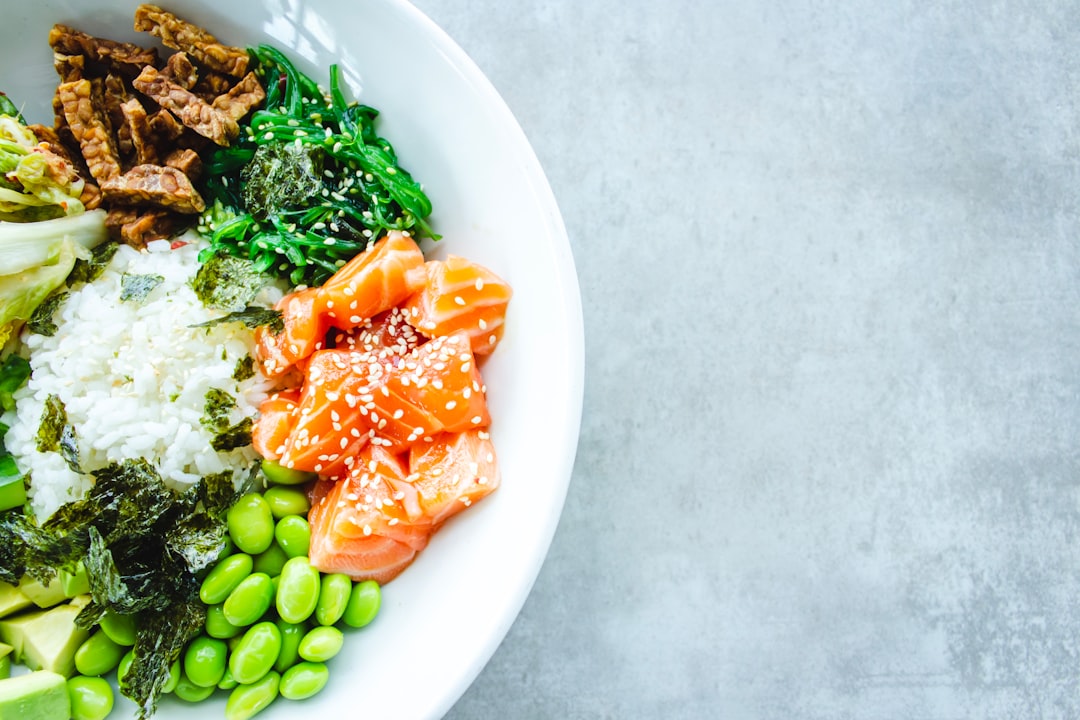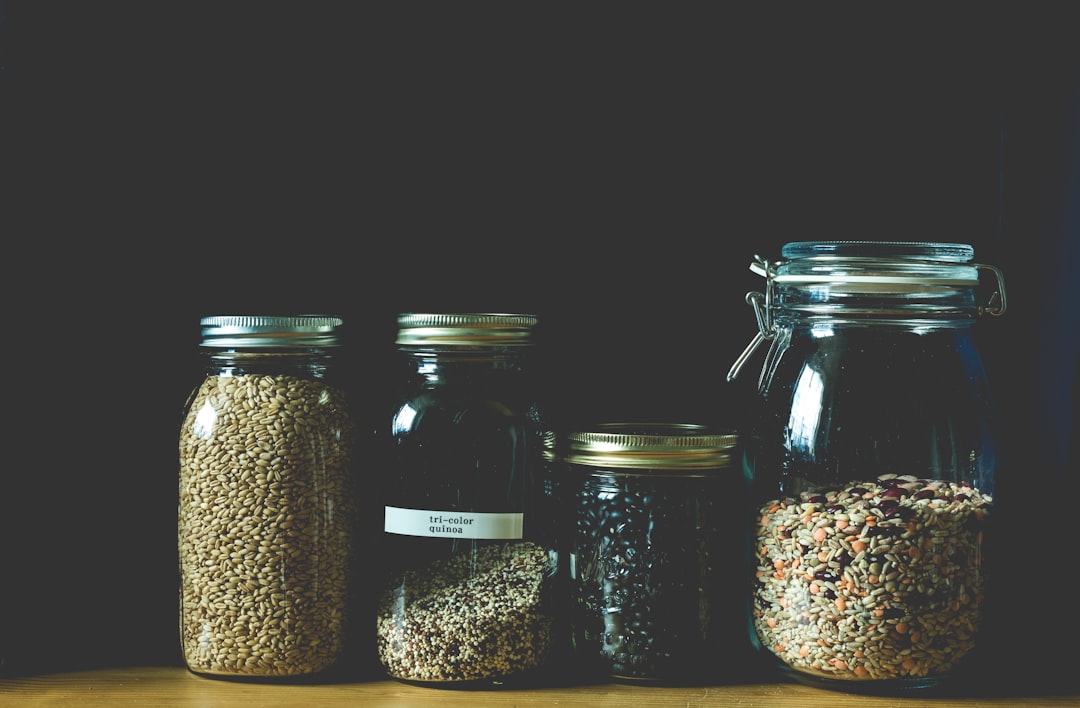Nigella seeds, also known as black cumin or kalonji, are small black seeds derived from the
. These tiny seeds have been used for centuries in traditional medicine and cooking in various cultures. nigella seeds nutrition facts Not only do they add a distinct flavor to dishes, but they also offer a range of health benefits. In this post, we will explore the nutrition facts of nigella seeds, including their calorie count, and discuss the potential impact of consuming them on your overall health and well-being.
,
,
1. What is the calorie count of nigella seeds?
– Nigella seeds are low in calories, making them a healthy addition to your diet.
– The exact calorie count of nigella seeds can vary, but on average, they contain around 55-60 calories per tablespoon.
The count of nigella seeds can vary from batch to batch, but on average, they contain around 55-60 calories per tablespoon. It’s important to note that these figures are approximate and may differ slightly depending on the brand or source of the seeds. Nigella seeds, also known as black cumin or kalonji, are commonly used in cooking and have a slightly bitter taste. In Indian, Middle Eastern, and North African cuisines, they are frequently utilized as a spice. Nigella seeds are also believed to have various health benefits, including improving digestion, boosting immune function, and reducing inflammation. Nevertheless, it is always recommended to seek guidance from a healthcare professional or nutritionist prior to making any substantial alterations to your dietary habits.So, the next time you reach for nigella seeds in your spice rack, keep in mind the caloric content and enjoy their unique flavor and potential health benefits in moderation.
2. What are the key nutrients in nigella seeds?
– Nigella seeds are rich in essential nutrients, including vitamins, minerals, and antioxidants.
– They are a good source of dietary fiber, protein, and healthy fats.
3. How do nigella seeds contribute to a healthy diet?
– Nigella seeds are packed with antioxidants that help fight inflammation and protect against oxidative stress.
– They contain essential fatty acids, such as omega-3 and omega-6, which are beneficial for heart health.
– Nigella seeds are a good source of iron and can help prevent iron deficiency anemia.
– They also contain calcium, magnesium, and phosphorus, which are important for maintaining healthy bones and teeth.
4. Are there any potential health benefits of consuming nigella seeds?
– Nigella seeds have been traditionally used for their medicinal properties, including their potential to boost immune function and alleviate respiratory conditions.
– Some studies suggest that nigella seeds may have anti-cancer properties and could help in managing diabetes.
– They may also aid in digestion, reduce inflammation in the body, and improve skin health.
5. How can nigella seeds be incorporated into your diet?
– Nigella seeds can be used as a spice or seasoning in various dishes, including curries, salads, bread, and pickles.
– They can be roasted or toasted to enhance their flavor before use.
– Nigella seeds can also be ground into a powder and added to smoothies or used as an herbal supplement. How to Stay Young-Looking Secrets ?
Conclusion
Nigella seeds are not only a flavorful addition to your dishes but also offer numerous health benefits. With their low-calorie count and rich nutritional profile, they can be a valuable ingredient in a healthy diet. Whether you sprinkle them on your salads, add them to your curries, or incorporate them into your baking, nigella seeds provide a tasty and nutritious boost to your meals. So, why not explore the world of nigella seeds and reap the benefits they have to offer?



